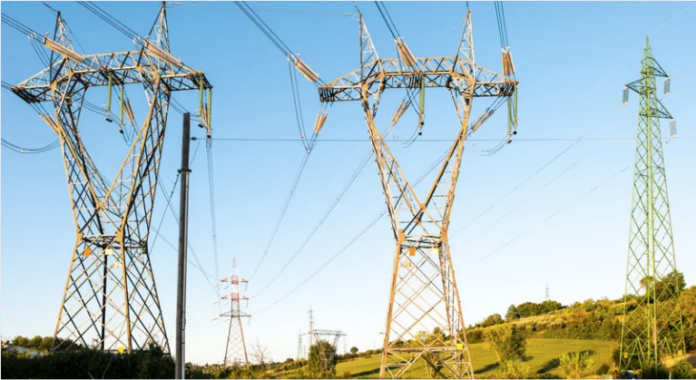ISLAMABAD – The National Electric Power Regulatory Authority (NEPRA) has raised concerns over significant inefficiencies in Pakistan’s power transmission system, resulting in Rs 69 billion in capacity charges paid to underutilised coal-fired power plants.
NEPRA Member (Technical) Rafique Ahmad Shaikh, in multiple additional notes submitted alongside recent tariff determinations, highlighted critical flaws affecting consumer tariffs and overall power system economics. He observed that despite surplus economical power generation capacity within the NTDC network, inefficiencies and delays continue to burden consumers with high electricity costs.
In its latest tariff decisions, NEPRA approved a Rs 1.55 per unit reduction in electricity rates under the Quarterly Tariff Adjustment (QTA) for Q3 FY2024–25 and the Fuel Cost Adjustment (FCA) for March 2025. This translates to a Rs 52.6 billion relief to electricity consumers of both distribution companies (Discos) and K-Electric (KE).
Specifically, a negative FCA adjustment of Rs 0.29 per unit was granted for Discos, while KE consumers saw a larger relief of Rs 3.64 per unit.
However, Shaikh cautioned that the March 2025 FCA includes a negative prior-period adjustment of Rs 3.29 billion. Without this adjustment, the FCA would have turned positive at Rs 0.37/kWh.
He called for procedural improvements to reduce reliance on such retrospective adjustments, proposing a limit of two months for any future reconciliations.
On K-Electric’s operations, NEPRA’s technical member pointed out that the interconnection between KE and NTDC has yet to reach its full intended capacity of 2,000MW, a target originally set for June 2024. As of February 2025, KE’s average fuel cost remained high at Rs 20.01/kWh, compared to NTDC’s Rs 8.23/kWh.
“If the planned interconnection had been completed, KE could have relied more heavily on NTDC’s lower-cost surplus power, substantially lowering fuel adjustments for consumers,” he noted, adding that the project must be fast-tracked to prevent further financial strain on Karachi’s electricity users.
Shaikh further recommended launching a study on reducing Power Purchase Price Adjustment Charges (PLAC) through more effective demand-side management strategies.




